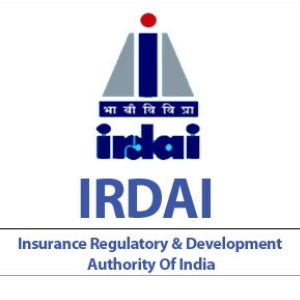 25-09-2020
25-09-2020
Nearly 95% of SMEs uninsured: Irdai

 Insurance Alertss
Insurance AlertssNearly 95% of SMEs uninsured: Irdai
Mumbai: Insurance regulator Irdai has said that the Covid-19 pandemic has highlighted the need for insurance in the MSME sector where only 5% of the businesses are insured. To make up for this shortcoming, Irdai will be directing insurance companies to mandatorily offer a standardised cover for this segment.
“A standardised product will reduce disputes in interpretation of insurance conditions and make it easier for small businesses to pick up insurance plans. I also urge all businesses to take out group health insurance policies for workers and employees,” said Subhash Chandra Khuntia, chairman, Irdai. He said that such group products were necessary in the interest of workers and also to instill confidence in them at a time when they are afraid to come to the workplace.
Speaking the Indo-American Chamber of Commerce’s annual convention series on banking, financial services and insurance, Khuntia said that besides providing protection to businesses insurance helped provide investment resources for the economy. “The insurance industry collects about $100 billion a premium annual and has $600 billion of assets under management, which is available for economic development. This is going to grow phenomenally in the next few years,” he said.
Speaking at the same event, LIC MD Vipin Anand said that the pandemic has heightened the awareness of insurance and given the uncertainty protection has become a basic need.
“If we have to insure 100 crore Indians in life and health it will require a large amount of automation. We have taken advantage of the pandemic period to re-engineer our work processes. By end of September, we would have digitised all our processes,” said Anand.
At the same time, customers were still more comfortable from buying life insurance from someone face-to-face, which would mean that industry would need 50 lakh agents. According to Anand, there was a need to rewrite the policy bond and design one which a lay policyholder can understand, which would help in addressing the trust deficit in respect of products.
